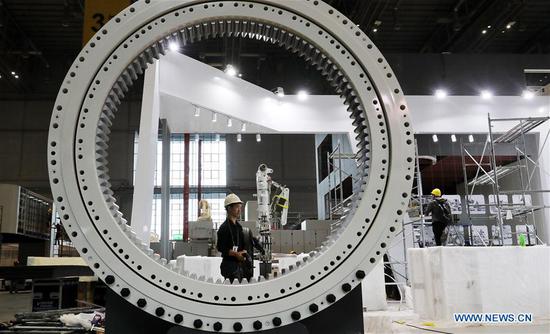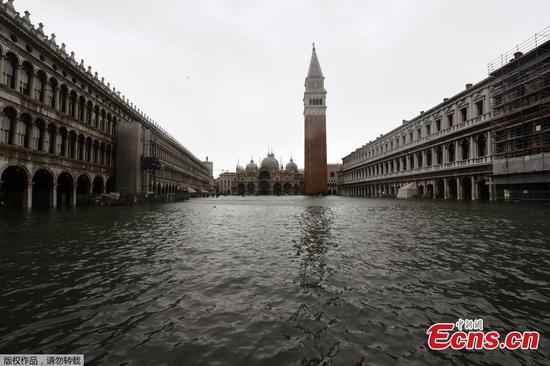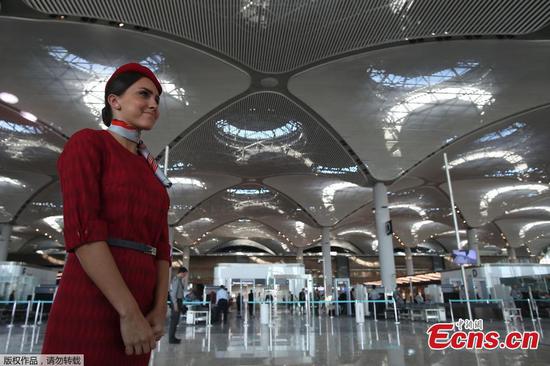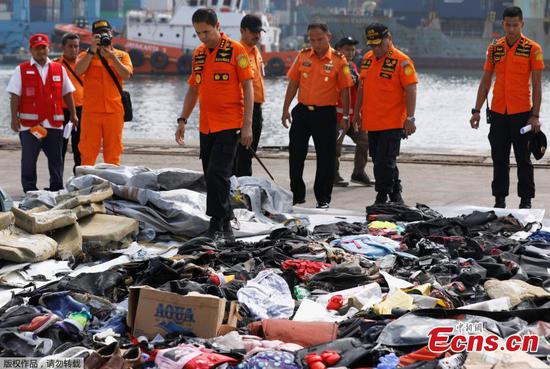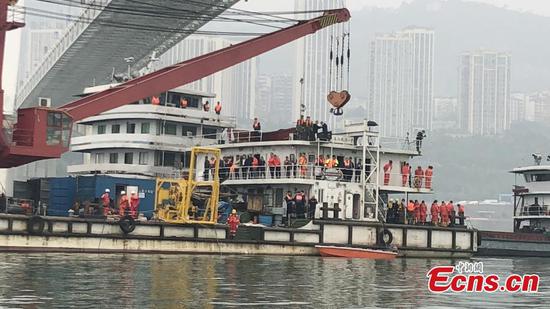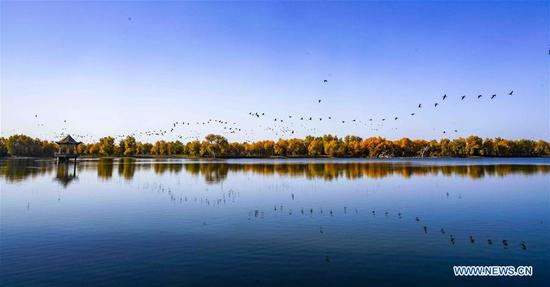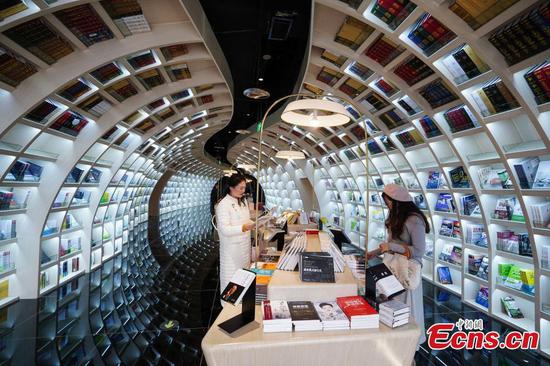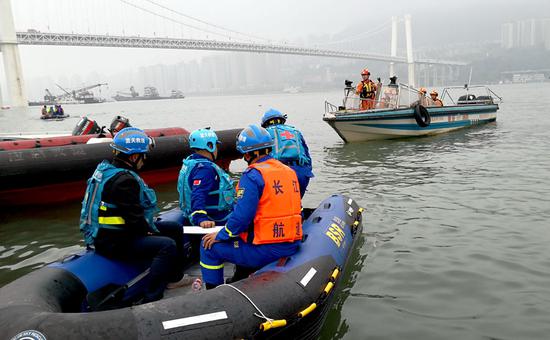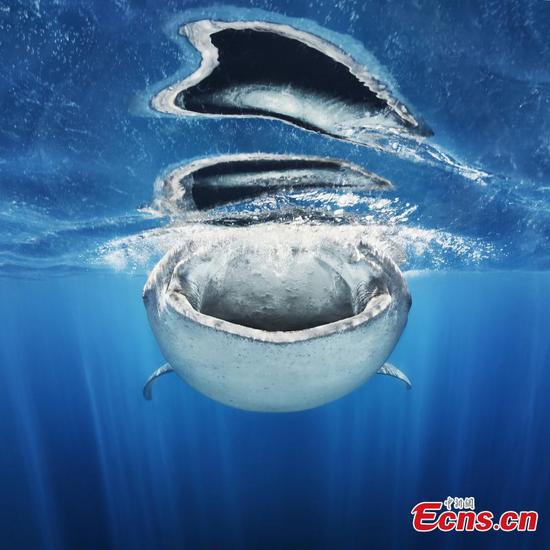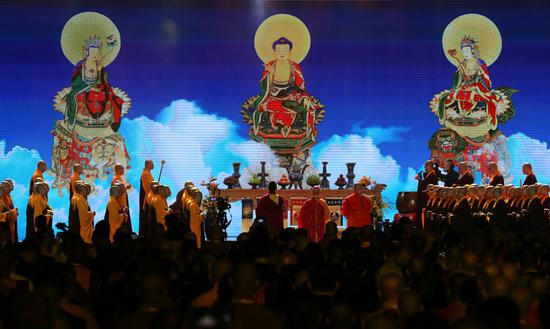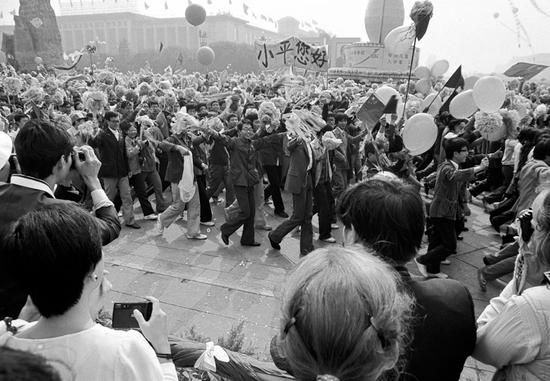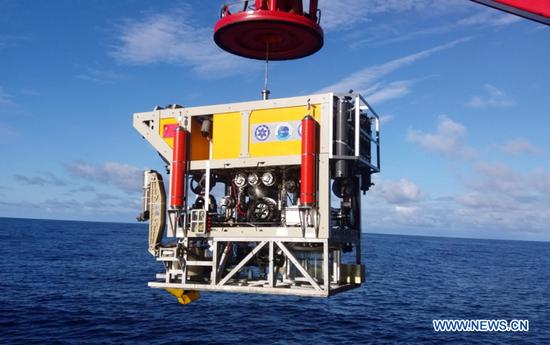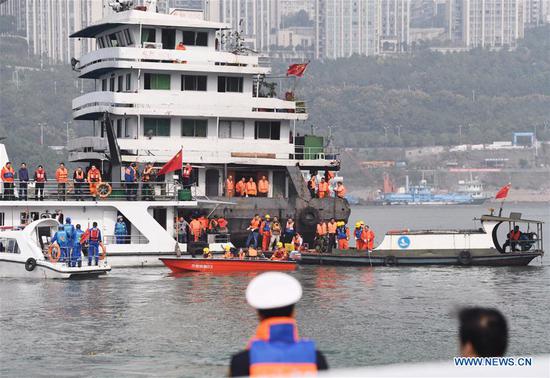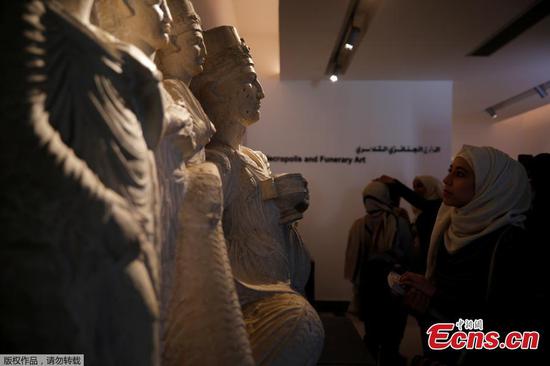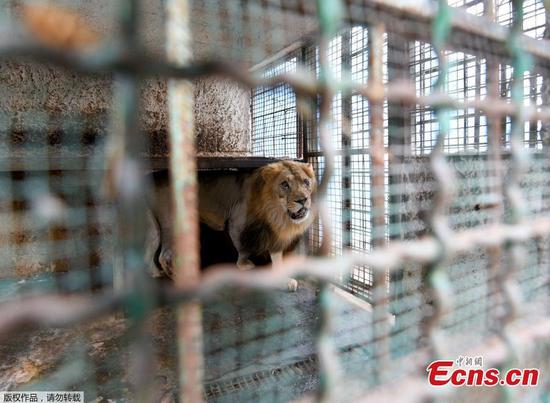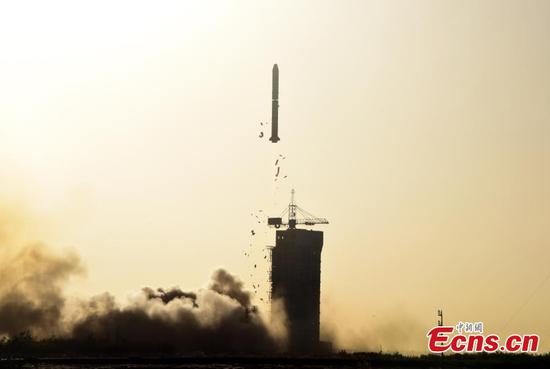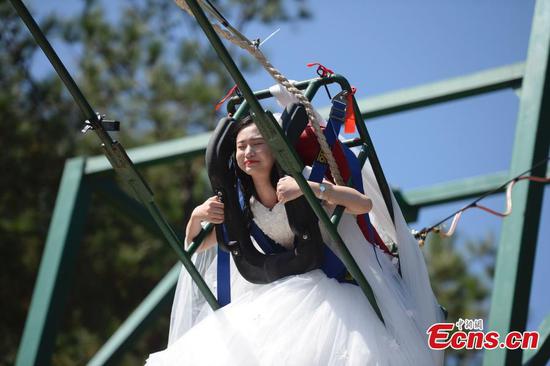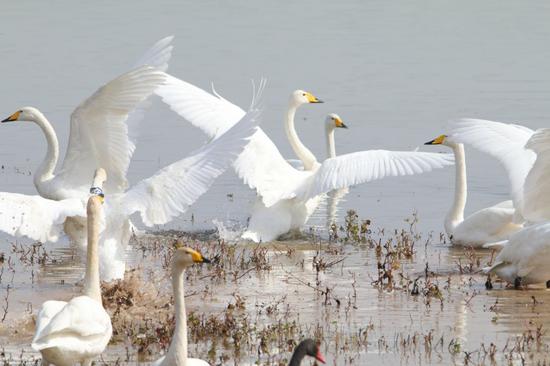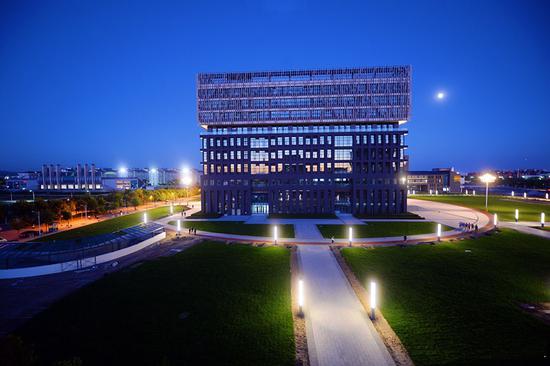Angela Merkel, the dominant figure in German and European politics for over a decade, announced on Monday that her current term as German chancellor would be her last.
The decision to attempt a managed departure, which Merkel acknowledged was a "gamble," leaves Europe's largest economy and the European Union in a new stage of uncertainty.
The 64-year-old said she would stand down as leader of the Christian Democratic Union (CDU) after 18 years in December, but see out the final three years of her term as national leader.
Can an already fragile coalition stay together, will a power struggle within the CDU be destabilizing, and can Merkel really remain chancellor until 2021?
Why now?
Merkel's fourth term began after a poor election showing for the CDU in 2017 that led to the renewal of an alliance with sister party the Christian Social Union (CSU) and a reluctant Social Democratic Party (SPD).
Although Merkel's personal ratings have remained relatively strong, the three parties in the coalition have suffered declines in regional elections and a slump in opinion polls. The alliance has been hit by a series of high profile disagreements, most notably over migration policy and the conduct of former spy chief Hans-Georg Maaßen.
The center-left Green Party and the far-right Alternative for Deutschland (AfD) meanwhile have enjoyed a surge in support. The latest INSA polling puts the CDU/CSU alliance at 25 percent, only five ahead of the Greens and eight in front of the AfD. The SPD trails in fourth place.
Merkel insists she made the decision to step down two months ago in an attempt to leave "with dignity," though her exit plan was announced in the wake of the CDU's 11.3-point drop in Sunday's regional elections in Hesse.
"I am aware that this is a unique occurrence in German political history, but it holds more opportunities than risks," she said in announcing her decision.
Coalition strains
The opportunity is for the CDU to renew under a new leader and there is a possibility Merkel's announcement will give her more freedom to govern.
But her decision to announce a resignation three years in advance holds considerable risks.
With a new leader for the CDU and the coalition government unstable and unpopular, it is far from certain Merkel can last until 2021 as chancellor.
The SPD also performed poorly in the Hesse election, losing almost half its vote share, and the left of the party is lobbying to leave the coalition – a move that would probably lead to fresh elections.
SPD leader Andrea Nahles seems intent on holding the government together for now, in part because her party is not financially prepared for an election, but after a string of poor results she is under pressure from the membership.
Similarly, with leadership questions and polls sliding, the CDU is in no position for an election.
But if the coalition fell apart a snap poll would be difficult to avoid, and Merkel has said she would step down after the formation of a new government.
Leadership battle
A power struggle to replace Merkel as CDU chief is almost inevitable, and not all the contenders will be content to allow her to remain chancellor.
Merkel has led the party for almost two decades: there is no shortage of politicians with an eye on the top job, many of whom have had a lengthy wait. Potential replacements include Annegret Kramp-Karrenbauer, Jens Spahn and Friedrich Merz.
Kramp-Karrenbauer is the party's 56-year-old general-secretary, a centrist seen as Merkel's protege. The 38-year-old Spahn is a health minister from the conservative wing of the party, and Merz, 62, is a former rival of Merkel who retired from politics a decade ago.
The party has fallen to 24 percent in recent opinion polls, well below the 40 percent it was enjoying until recently. The opportunity – and necessity – for whoever replaces Merkel will be to reinvigorate the CDU.
Merkel, Europe's powerbroker, has set out a path to bring her era of dominance to an end. But the route ahead is littered with risk: to negotiate the departure she plans will take all of her political skill.









